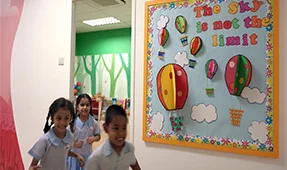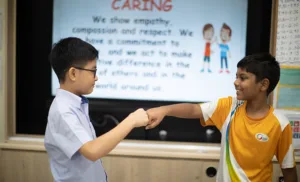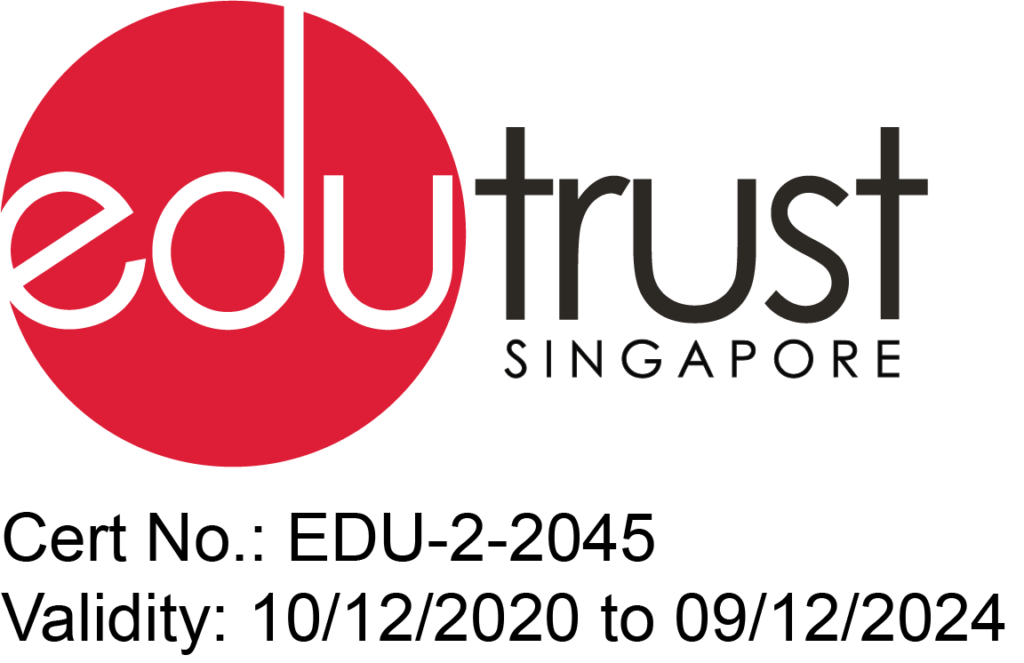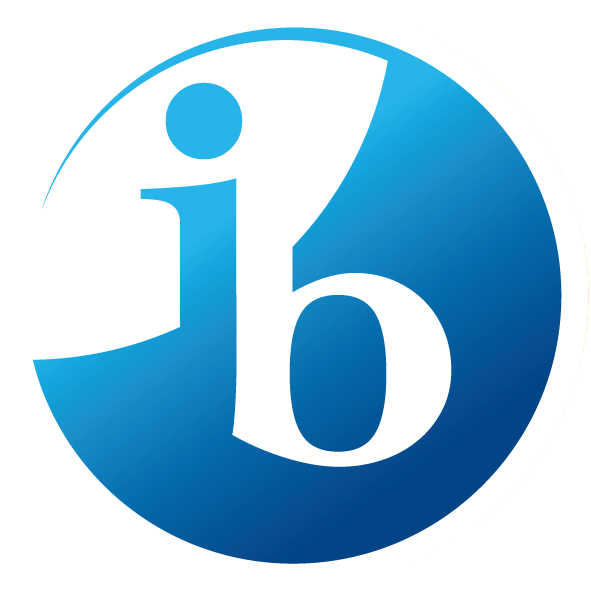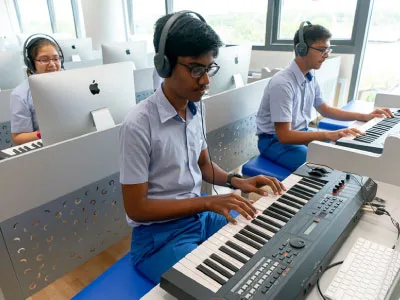The master key to knowledge is persistent questioning. Albert Einstein said, “If I had an hour to solve a problem and my life depended on the solution, I would spend the first 55 minutes determining the proper question to ask.For once I know the proper question, I could solve the problem in less than five minutes.”
In the field of education, the significance of asking questions in the classroom cannot be overemphasised. As a fundamental block to effective learning, it helps students as well as teachers – it helps students to foster critical thinking and helps teachers to assess students’ understanding of concepts in different subject areas.
Here, we delve into the crucial role that questioning plays in the learning process and why it should be encouraged and nurtured among students.
Nurtures curiosity
At its core, asking questions is an expression of curiosity. According to cognitive scientists, curiosity is said to be intrinsic to us humans, just like hunger and thirst. Educators have for long asserted that inquiry-based learning that kindles curiosity among students helps them to get engaged with their subject areas. Nurturing this curiosity is important for the learning process to be meaningful.
Encourages critical thinking
When students are encouraged to ask questions, they tend to analyse, evaluate and synthesise information. This process aids in better comprehension of the subject matter and develops problem solving skills – a complex skill that involves critical thinking, creativity, decision-making skills, and is invaluable in real-life scenarios.
Enhances student engagement
Disengaged students defeat the very purpose of education. One of the constant challenges in education is keeping students engaged and the reasons for that can be many – topics of discussion, length of classes, lack of real-world application of knowledge, and so on.
As such, a learning environment where questions are welcomed is quite likely to captivate students’ interest. Such an educational setting has the power to transform learning from a passive activity to an interactive and fun experience.When students know that their questions are not only welcomed but encouraged, they become more actively engaged in the learning process. They become partners in their learning rather than passive recipients of information.
Promotes effective communication
Effective communication is a skill that surpasses the classroom and is vital in all aspects of life. Encouraging questions in the classroom nurtures this skill. When students ask questions, they are also learning how to articulate their thoughts clearly. It is a transferable skill and can significantly benefit them in future endeavours, including their future careers.
Cultivates a growth mindset
A growth mindset is the belief that hard work, perseverance and continuous learning can add on to a person’s abilities. If students have a growth mindset, they will be keen to try out new challenges and learn. Asking questions helps in reinforcing this mindset.
Moreover, when students are encouraged to ask questions and seek answers, they become more willing to embrace challenges. They understand that not knowing something is not a weakness, rather it’s an opportunity to learn and grow.
A classroom that welcomes questions is inclusive by nature. It creates an environment where every student feels valued and heard. Furthermore, often these questions bring forth diverse perspectives – enriching the learning experience by exposing students to different viewpoints.
At Global Indian International School (GIIS), our students are provided with various curriculum choices, including the research-based pre university programme, the IB Diploma Programme (IBDP) and IB Primary Years Programme (IB PYP) that adopts an inquiry-based approach to education. The IB PYP and its inquiry-based approach engages students through critical thinking as they learn to ask questions and seek answers. Thereby, making them active participants in the learning process, and helping them to take ownership of their learning.
Also read: Inquiry-based learning: Long-term benefits for IB PYP students
In conclusion, the process of asking questions in the classroom acts as a catalyst for curiosity, critical thinking, engagement, effective communication, a growth mindset, and inclusivity. Encouraging questions is a commitment to nurturing well-rounded, empowered, and knowledgeable individuals who are prepared to face the challenges of the future.
If you are keen to know more about IB PYP at GIIS, please don’t hesitate to contact our admissions counsellors.


